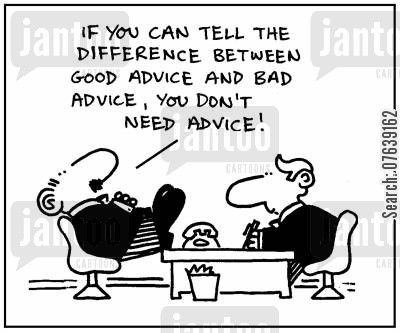Vulnerable East-West Dealer South
Opening lead:  J
J
You bridge players spend a fair amount of your time at the table as declarer, so you might be interested in some advice on how to play your hands better. All this week, we’ll look at how an opponent’s opening lead can help you. provided you make the right inferences. South won the ace of hearts, played a spade to dummy’s 10 and played a second spade to West’s ace. West switched to the club jack, covered by the king and ace.
East continued with the queen and another club, ruffed by declarer. Now the only problem for South was to avoid losing a diamond trick. He played to the king of diamonds in dummy, West playing the eight and East the three-spot.
After not quite enough thought, South decided that the eight was more likely to be a singleton than the three, so he played the queen of diamonds from dummy. That gave West the setting trick with the jack. Why should South have done better?
Suppose you were on opening lead and held the ace and a spade, and a singleton diamond, and your heart and club suits were headed by the J-I0. Wouldn’t you certainly lead your singleton diamond against a four spade contract? I would. Because that is the way most players would think on opening lead, declar-er should not read that diamond eight played by West as being alone. He should play back to his ace and make his contract.


